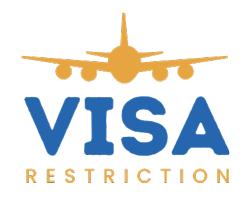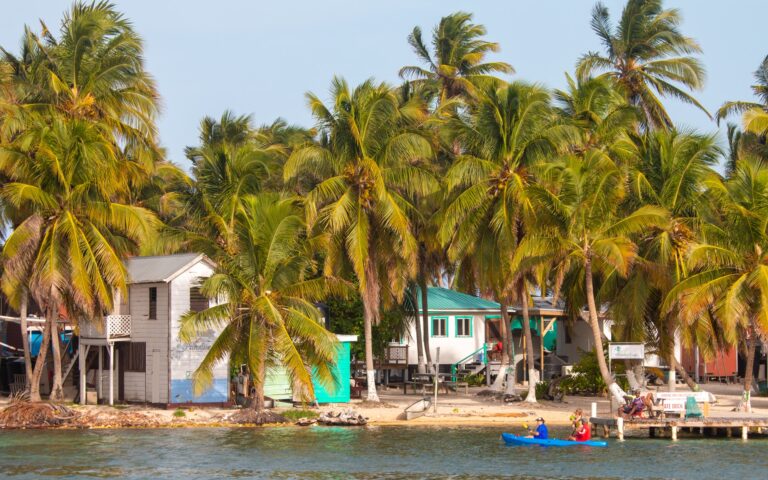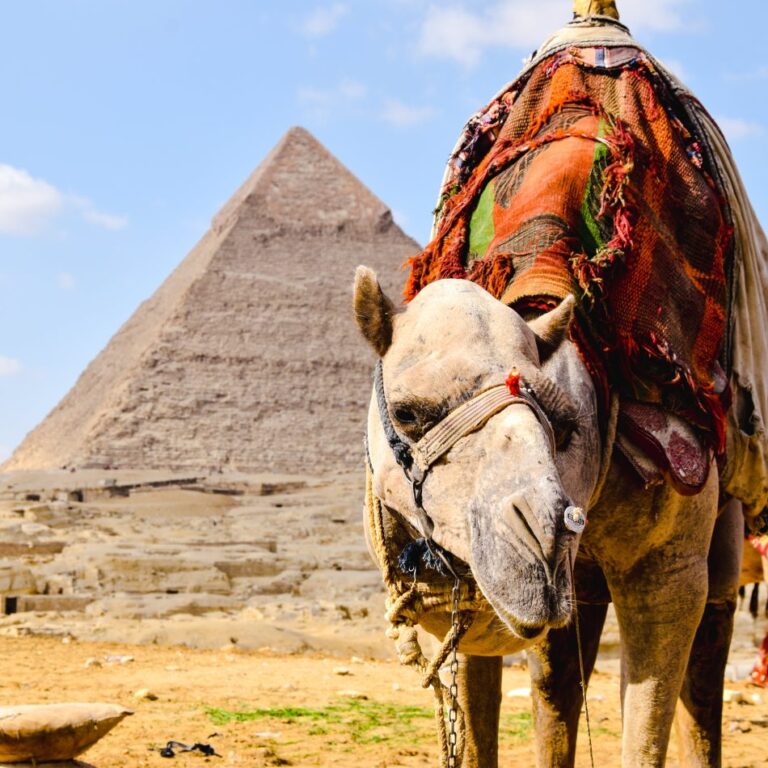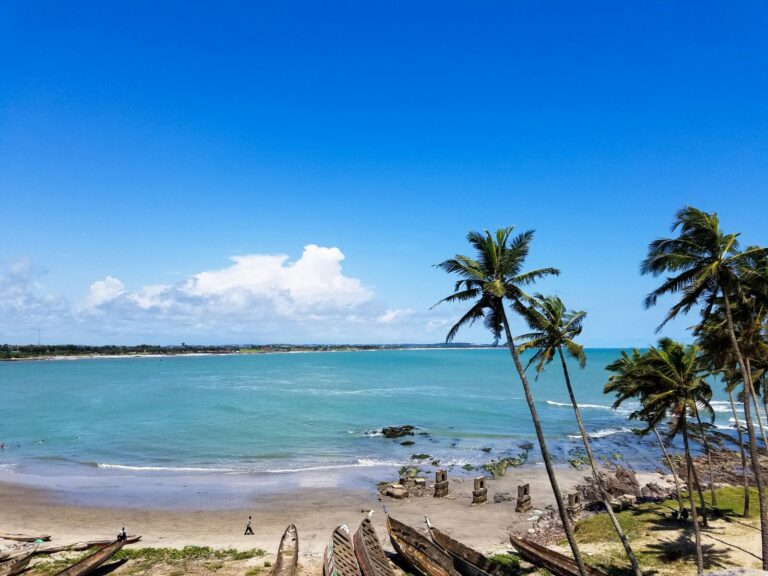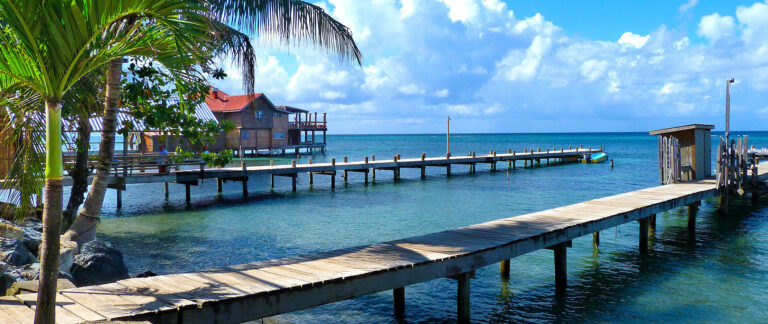Is Vietnam Safe to Travel: Tourism Overview

Safety Precautions in Vietnam
General Safety Tips
Vietnam ranks 41st out of 108 countries in the Global Peace Index, indicating it is generally safe for travelers (Berkshire Hathaway Travel Protection). While it’s relatively safe, precautions are still necessary. Petty theft and tourist scams can occur, so always keep your belongings secure and be cautious of your surroundings. Female travelers are generally safe but should avoid walking alone at night (Vietnam Tourism).
Health Considerations
In Vietnam, travelers need to be mindful of several health risks. Awareness of pollution, mosquito-borne diseases like malaria and dengue fever, food-related illnesses, heat-related issues, and critter bites is crucial (Vietnam Tourism). The risk of mosquito-borne diseases is especially high in rural areas, so take precautions such as using insect repellent and wearing long sleeves and pants.
| Health Risks | Precautions |
|---|---|
| Pollution | Use masks and avoid areas with high pollution levels |
| Mosquito-borne diseases | Use insect repellent, wear long sleeves, and sleep under mosquito nets |
| Food-related illnesses | Eat at reputable places, avoid street food of questionable hygiene |
| Heat-related issues | Stay hydrated, wear light clothing, and avoid peak sun hours |
Security Measures
Crime in Vietnam, particularly petty crimes like theft and pickpocketing, is considered high. These incidents are more common during festive seasons such as Christmas and Tet holidays (Travel.State.Gov). Always stay vigilant in crowded areas and keep your valuables secure. For comprehensive advice on navigating safety during your travels, read more on is south africa safe to travel and is cancun safe to travel.
Travel Advisory Insights
Before traveling to Vietnam, it’s crucial to be aware of the latest travel advisory recommendations to ensure a safe and enjoyable trip. This section provides an overview of CDC recommendations and State Department guidelines for travelers.
CDC Recommendations
The Centers for Disease Control and Prevention (CDC) offers several health-related recommendations for travelers visiting Vietnam.
Vaccinations and Health Precautions
- Chikungunya Virus: Vietnam has had evidence of chikungunya virus transmission within the last five years, so vaccination is recommended for unvaccinated travelers aged one year or older.
- Malaria Prevention: For those traveling to certain areas of Vietnam, the CDC recommends taking prescription medicine to prevent malaria. This medication should be started several days before the trip and continued during and after the trip.
- Rabies: Rabies is prevalent in some parts of Vietnam, and dogs infected with rabies are sometimes found. It’s important to get a rabies vaccine if you’re exposed while in Vietnam.
Health Measures
- Ensure that you carry mosquito repellent to prevent mosquito-borne diseases.
- Drink only bottled or boiled water to avoid water-borne illnesses.
State Department Guidelines
The United States Department of State also provides valuable insights and guidelines for traveling to Vietnam, focusing on general safety and risk management.
Safety Rating and Precautions
The State Department assigns Vietnam a level-1 safety rating, meaning “exercise normal precautions.” However, it advises on specific safety risks in the country (Berkshire Hathaway Travel Protection).
Specific Safety Recommendations
- Nitrous Oxide and Laced Snacks: Avoid accepting balloons of nitrous oxide or laced chewing gum or snacks from strangers on the street.
- Celebrations: Exercise extra caution during Tet and Christmas celebrations due to increased risk of petty crime.
- Motor Scooter Rentals: Renting motor scooters is discouraged as Vietnamese drivers often ignore traffic laws. If you do decide to rent a scooter, a Vietnamese driver’s license is required, which must be obtained through the Provincial Public Transportation Service of the Vietnamese Department of Communications and Transport.
General Advice
- Keep personal belongings secure and be cautious in crowded areas to prevent theft.
- Follow local news and be aware of any travel advisories or safety alerts.
The following table summarizes the main safety precautions and recommendations:
| Safety Concern | Recommendation |
|---|---|
| Chikungunya Virus | Vaccinate if unvaccinated and over one year old |
| Malaria | Take prescribed malaria prevention medication |
| Rabies | Vaccinate if exposed |
| Nitrous Oxide and Laced Snacks | Do not accept from strangers |
| Celebrations (Tet, Christmas) | Be extra cautious |
| Motor Scooters | Obtain a Vietnamese driver’s license if renting |
For more information on travel safety, you can check other articles on is it safe to travel to mexico, is cancun safe to travel, and is egypt safe to travel.
Health and Medical Facilities
Hospitals in Major Cities
In major cities like Hanoi, Danang, and Ho Chi Minh City, you’ll find both state-owned and private hospitals with English-speaking staff. These facilities are equipped to handle a range of medical needs, offering a sense of security while traveling. However, access to hospitals and pharmacies in rural areas may be limited, making it important to prepare for medical emergencies.
| City | Type | English-speaking Staff |
|---|---|---|
| Hanoi | State-owned and Private Hospitals | Yes |
| Danang | State-owned and Private Hospitals | Yes |
| Ho Chi Minh City | State-owned and Private Hospitals | Yes |
| Rural Areas | Limited | No |
Common Health Risks
Travelers to Vietnam should be aware of several common health risks due to the hot and humid climate and mosquito-borne diseases.
-
Heat-related Illnesses: The climate in Vietnam is generally hot and humid year-round, making travelers susceptible to heat-related illnesses like sunburn, dehydration, and heat exhaustion. It’s crucial to wear sunscreen, stay hydrated, and seek medical help if experiencing symptoms like headaches, dizziness, and high temperature.
-
Mosquito-borne Diseases: Diseases like malaria and Dengue fever are prevalent in certain areas, particularly in the rural highlands and the Mekong Delta. Travelers are advised to consider taking anti-malarial medication and using bug spray during peak mosquito hours (Vietnam Travel).
-
Communicable Diseases: Dengue and malaria are carried by mosquitoes in some regions. Preventive measures include vaccinations, avoiding untreated water, and using repellents and long clothing for protection (Parfum d’Automne).
Medical Resources
Medical resources in Vietnam cater to various needs, but readiness and awareness can be crucial for effective utilization.
- Vaccinations: Make sure you’re up to date with required vaccinations before traveling.
- Health Precautions: Use repellents, longer clothing, and avoid untreated water to mitigate the risk of diseases.
- Emergency Contacts: Always have a list of emergency contacts, including hospital contact details in major cities.
For more details on safety and security measures in other travel destinations, check our articles on is it safe to travel to mexico, is turkey safe to travel, and is thailand safe to travel.
By understanding the health and medical facilities available in Vietnam, you can better plan your visit and ensure a safe experience while exploring this beautiful country.
Safety Ranking and Assessment
When considering travel to Vietnam, it’s essential to have a comprehensive understanding of the country’s safety rankings and assessment. This includes evaluating its position on the Global Peace Index, assessing terrorism risks, and analyzing the crime rate.
Global Peace Index Ranking
Vietnam is ranked 41st among 163 countries in the 2024 Global Peace Index (Atlys). This ranking reflects Vietnam’s political stability and internal security. Since the end of the Vietnam War in 1975, the country has made significant strides in creating a peaceful environment for both residents and visitors. This makes Vietnam one of the safer destinations in Southeast Asia.
Terrorism Risk Evaluation
Vietnam has an exceptionally low risk of terrorism. According to the 2024 Global Terrorism Index, Vietnam has a 0% terrorism risk (Atlys). This makes it one of the safest countries in the region in terms of potential terrorist threats. Travelers can feel confident that their likelihood of encountering terrorism-related issues in Vietnam is exceedingly minute.
Crime Rate Analysis
Crime in Vietnam can be categorized into various levels, with petty crimes being more common than violent crimes. The country has a moderate crime rate, scoring 41.21 on the Crime Index. While violent crimes like murder, assault, and armed robbery are relatively rare, petty crimes such as theft, bag snatching, and pickpocketing do occur, especially in tourist-heavy areas and during high crime periods like the Christmas and Tet holiday seasons (Travel.State.Gov).
| Indicator | Vietnam | Global Average |
|---|---|---|
| Global Peace Index | 41st/163 | – |
| Terrorism Risk | 0% | – |
| Crime Index | 41.21 | – |
| Violent Crime Rate | Low | – |
| Petty Crime Rate | Moderate | – |
For more information about safety in other travel destinations, you can visit guides like is it safe to travel to mexico, is it safe to travel to jamaica, and is it safe to travel to turkey. Understanding these rankings and assessments can help you make an informed decision on whether Vietnam is a safe travel destination for you.
COVID-19 Updates and Guidelines
Entry Requirements
When planning a visit to Vietnam, it’s important to stay updated on the latest entry requirements due to COVID-19. As of May 15, travelers are free to enter Vietnam without needing to undergo any SARS-CoV-2 testing or quarantine (Vietnam Travel). However, there are a few key points to keep in mind:
- Visa Requirements: Travelers need a valid visa to enter Vietnam. You can apply for an e-Visa, which costs $25 USD and typically takes about 3 working days to process.
- Travel Insurance: It’s recommended to purchase travel insurance that includes COVID-19 treatment coverage of at least $10,000.
These relaxed policies make it easier to visit the country while keeping safety measures in place.
Health Protocols
Even with relaxed entry requirements, adhering to health protocols is crucial for your safety and the safety of others. Here are some guidelines recommended by Vietnam Travel and Atlys:
- Self-Monitoring: After entering Vietnam, you should self-monitor for any COVID-19 symptoms for 10 days.
- Social Distancing: Maintain social distancing as much as possible.
- Hand Hygiene: Wash your hands regularly with soap and water.
- Respiratory Hygiene: Cover your mouth and nose when coughing or sneezing.
- Avoid Live Animals: Refrain from contact with live animals to minimize the risk of zoonotic transmission.
- Food Safety: Only consume well-cooked food.
- Mask Disposal: Properly discard single-use masks.
By following these protocols, you can contribute to reducing the spread of COVID-19 while ensuring a safe and enjoyable visit to Vietnam. For more travel safety tips and recommendations, you may also want to read about is it safe to travel to Thailand and is it safe to travel to Indonesia.
Solo Travel Tips
Female Travelers’ Safety
Female travelers in Vietnam generally feel safe, with incidents of harassment being rare. For enhanced safety, avoid wearing tight or revealing clothing to prevent unwanted attention. Should you find yourself in an uncomfortable situation, move to a public area and remain confident. Remember, you can always reach out for help, and don’t hesitate to leave any potentially unsafe environment.
| Safety Tips for Female Travelers | Recommendations |
|---|---|
| Clothing | Avoid tight or revealing attire |
| Response to Uncomfortable Situations | Move to public areas, stay confident |
| General Safety | Rare incidents of harassment |
Navigating Transportation
When traveling solo in Vietnam, transportation can be managed safely by choosing the right options. Preferred taxi brands include Mai Linh, VinaSun, and Taxi Group. These are trusted and reduce the risk of taxi scams. Additionally, ride-hailing apps like Grab, Be, and Go Viet are reliable and provide safe transportation.
To ensure a safe journey, always verify the identity of your driver through the app and share your trip details with someone you trust. Using reputable transportation services will help you navigate the city comfortably.
| Trusted Transportation Options | Description |
|---|---|
| Mai Linh, VinaSun, Taxi Group | Trusted taxi services |
| Grab, Be, Go Viet | Safe and reliable ride-hailing apps |
For more information, check out our detailed guide on how to safely travel in Vietnam.
Communication and Contacts
Maintaining effective communication is crucial for safety when traveling solo in Vietnam. Here are some key steps:
- Buy a SIM Card: Purchase a SIM card from a reputable vendor to ensure reliable mobile data access.
- Stay in Contact: Maintain regular contact with family and friends, updating them about your location and activities.
- Understand Local Culture: Familiarize yourself with Vietnamese customs and etiquette.
- Protective Gear: Carry items like sunscreen, insect repellent, and a medical kit.
- Document Copies: Keep both physical and digital copies of important documents such as your passport and travel insurance.
- Secure Belongings: Use a money belt or anti-theft backpack to keep personal items safe.
- Accommodation: Research and choose well-reviewed accommodations for a secure stay.
For a seamless connection, a SIM card purchase is advisable upon arrival. Reputable vendors ensure you have uninterrupted mobile data access (Lily’s Travel Agency).
| Communication Tips | Details |
|---|---|
| SIM Card | Buy from reputable vendors |
| Regular Contact | Update family and friends |
| Document Safety | Keep copies of important documents |
| Secure Belongings | Money belt or anti-theft backpack |
| Accommodation | Thorough research recommended |
For more tips and information, visit our resources on safety in various destinations:
